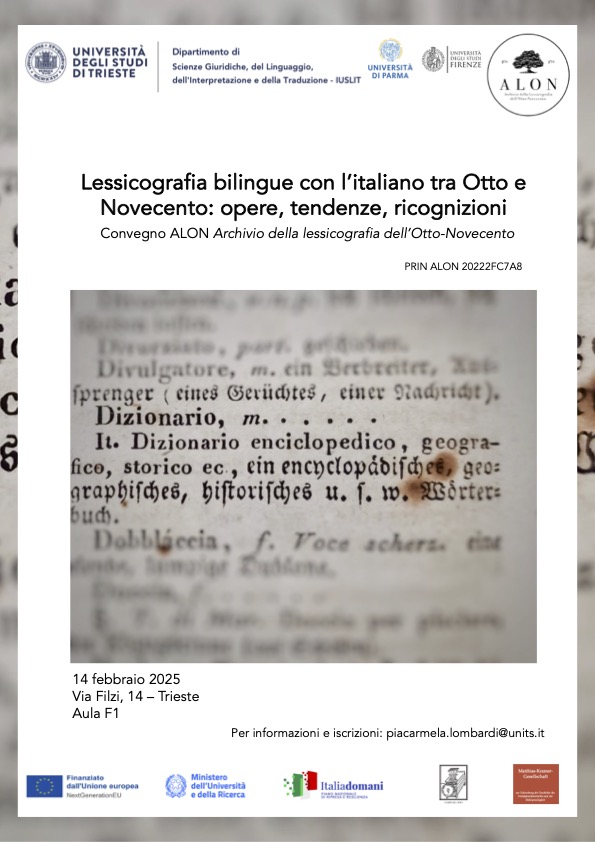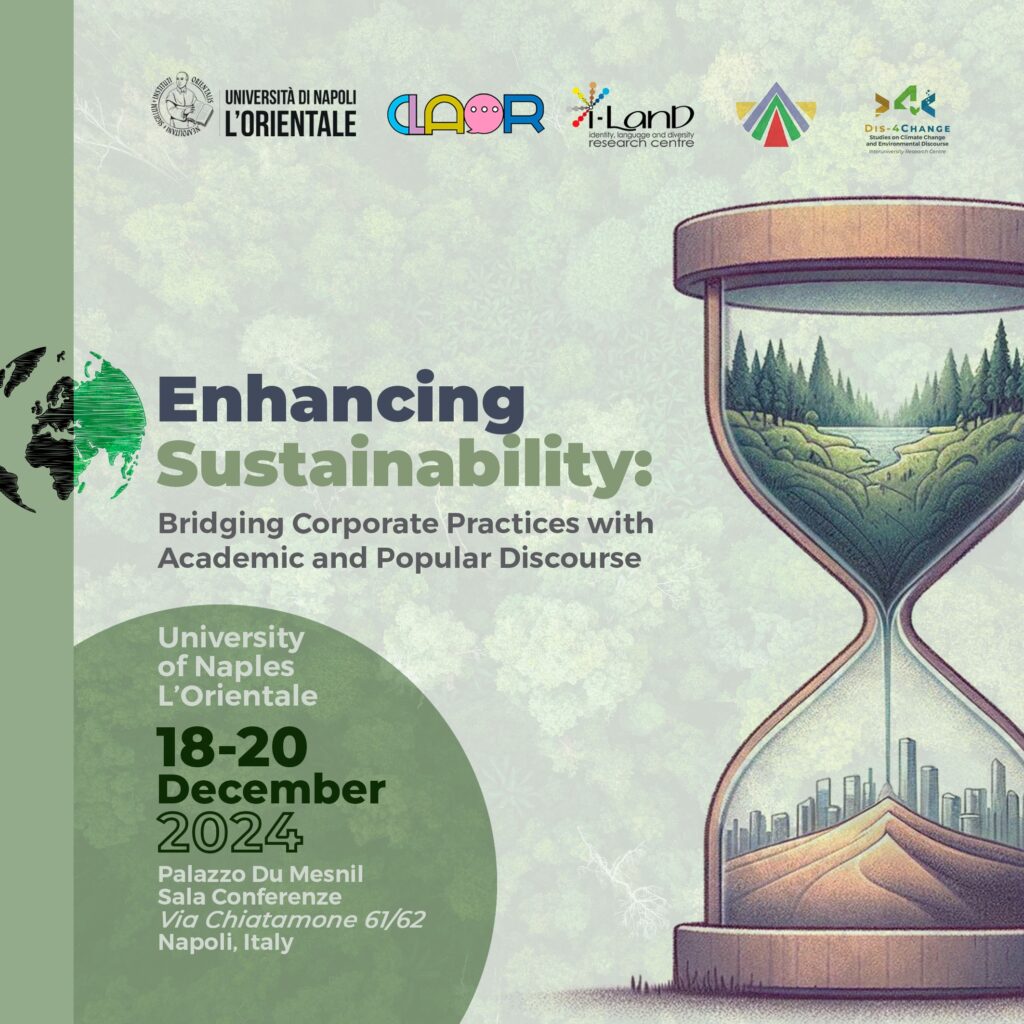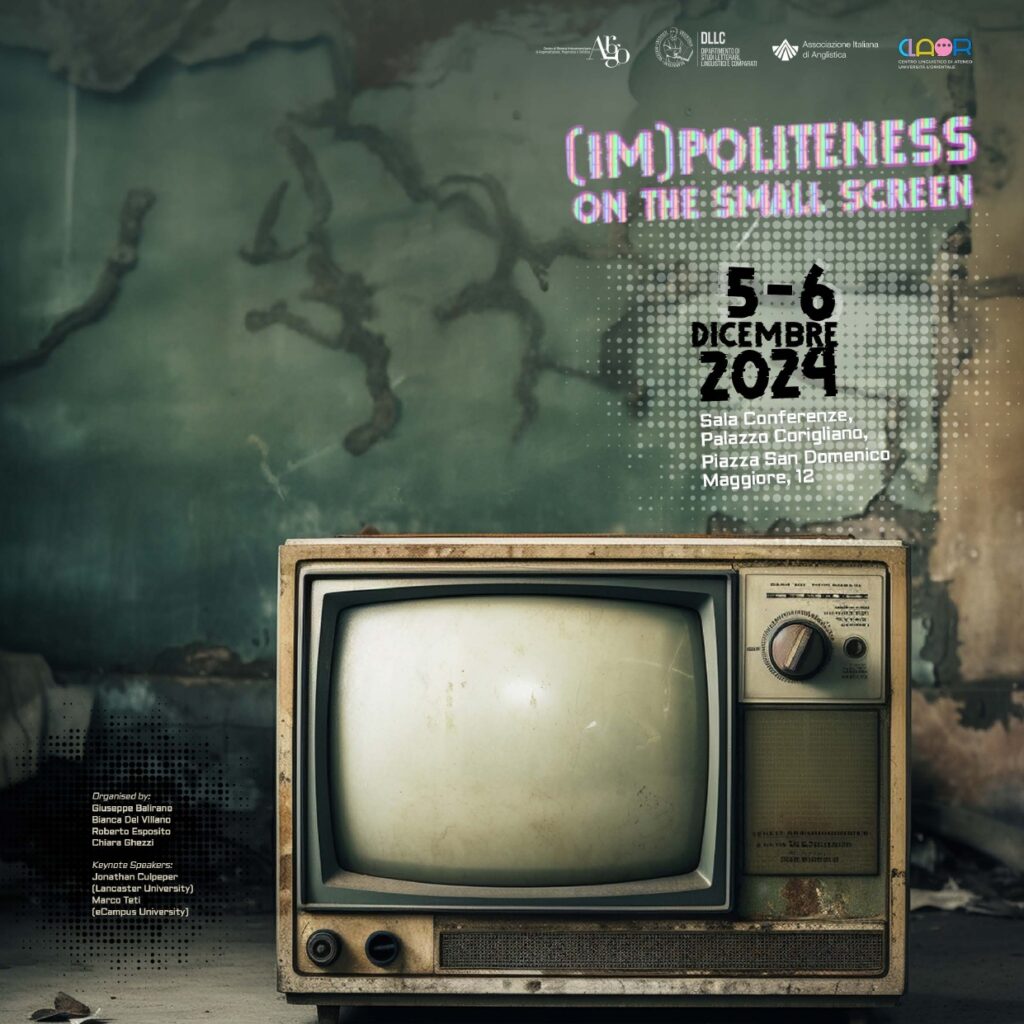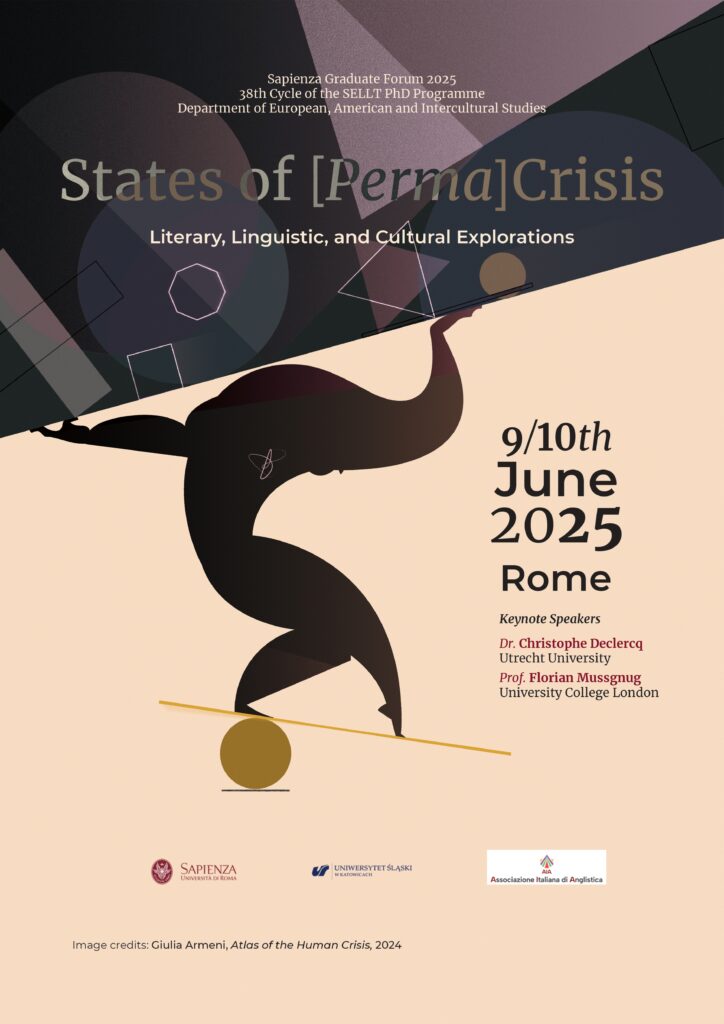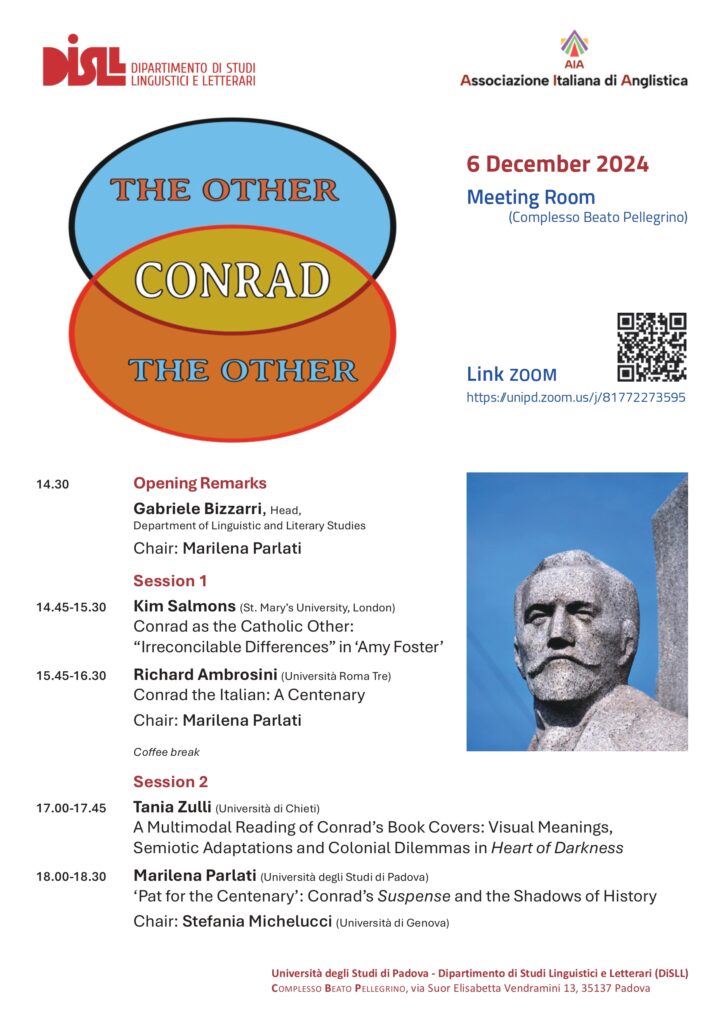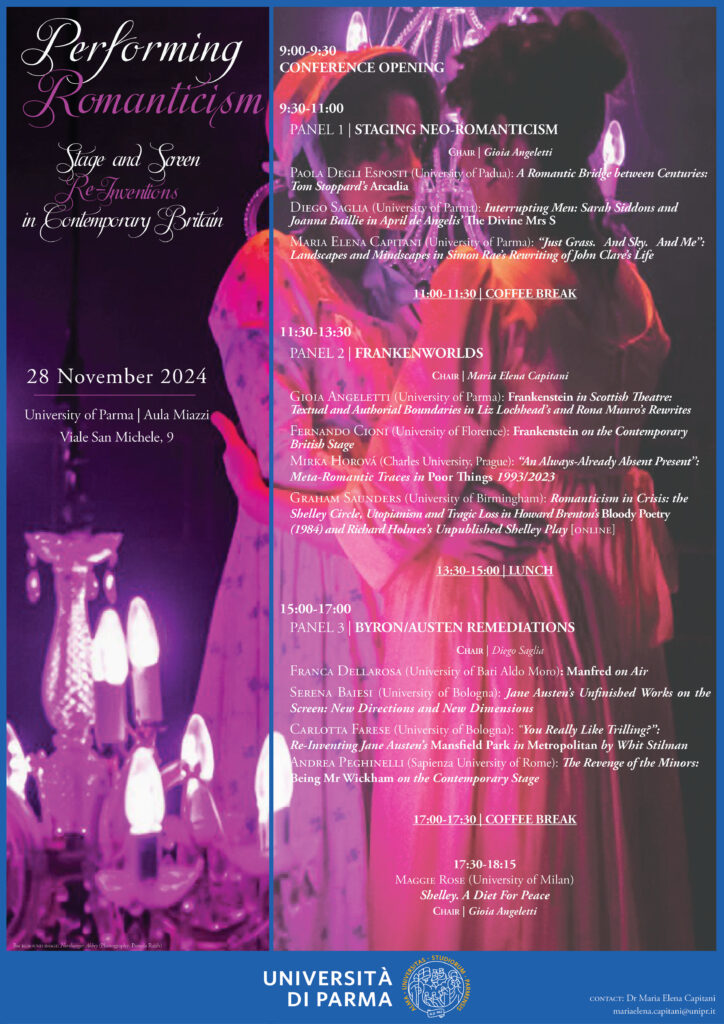Lessicografa bilingue con l’italiano tra Otto e Novecento: opere, tendenze, ricognizioni: Convegno ALON Archivio della lessicografa dell’Otto-Novecento
PRIN ALON 20222FC7A8
14 febbraio 2025, Dipartimento di Scienze Giuridiche, del Linguaggio, dell’Interpretazione e della Traduzione, Università di Trieste, Aula F1, Via Filzi 14 – Trieste

